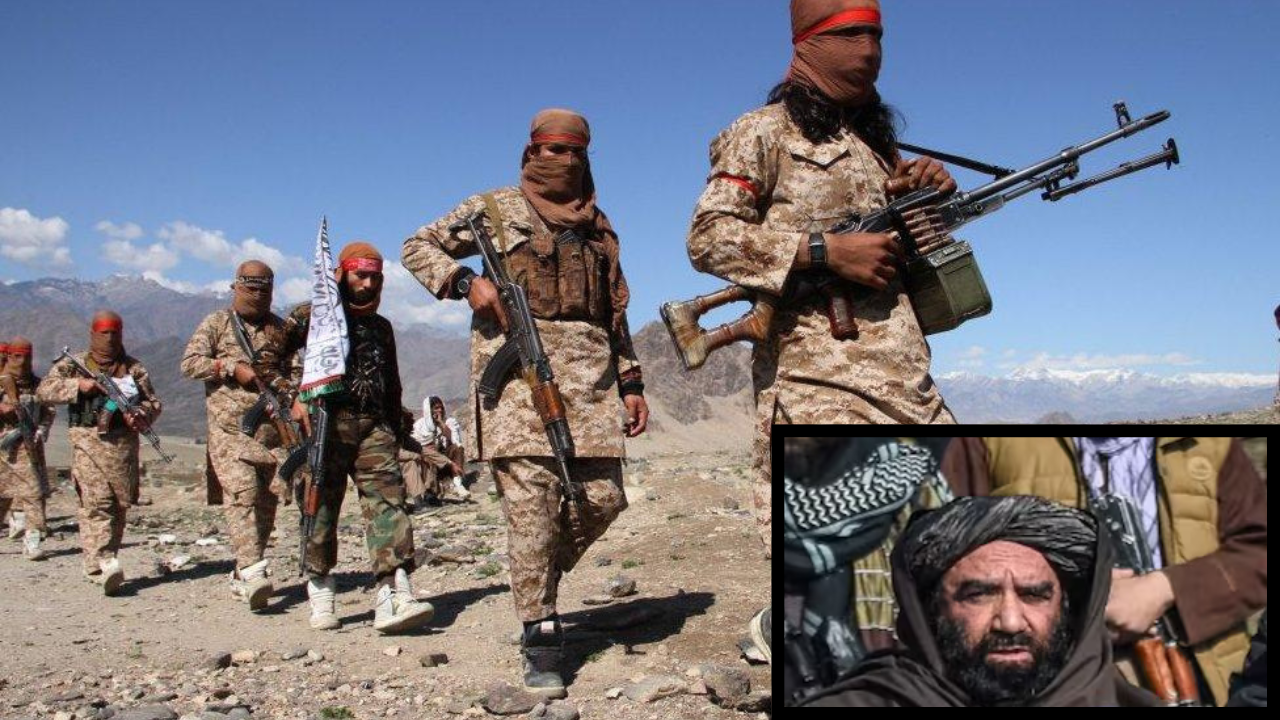 English
English

Are Afghanistan and Pakistan inching towards open conflict? The Taliban’s fiery warning after failed Istanbul talks exposes rising mistrust, Pakistan’s alleged duplicity, and the deep cracks threatening regional peace.

Taliban accuses Pakistan of insincerity during Istanbul peace talks.
Islamabad: The much-awaited Afghanistan-Pakistan peace talks in Istanbul have once again ended without any breakthrough, reigniting tensions between the two nations. The Taliban government has accused Pakistan of obstructing the process and refusing to take responsibility for its internal security issues. The collapse of the third round of dialogue marks yet another setback for regional stability efforts led by Turkey and Qatar.
According to the official statement released by Taliban spokesperson Zabihullah Mujahid, Afghan representatives attended the discussions on November 6 and 7 with genuine intentions and full authority. The Taliban delegation expected Islamabad to engage constructively, but Pakistan’s approach, described as “irresponsible and non-cooperative,” derailed the process.
In its sharp response, the Islamic Emirate of Afghanistan criticized Pakistan for attempting to shift the burden of its own security failures onto Kabul. The statement accused Islamabad of showing no seriousness in addressing key issues and highlighted its unwillingness to shoulder responsibility for regional peace.
The Taliban reaffirmed that Afghanistan’s territory will not be used against any other nation and vowed to safeguard its independence and sovereignty. The statement declared that defending Afghan soil and people is both a national and Islamic duty, warning that any aggression would be met with firm resistance.
Rising tempers were evident as Afghanistan’s Minister for Tribes, Borders, and Tribal Affairs, Noorullah Noori, issued a direct warning to Pakistan’s leadership. He advised Pakistan’s Defence Minister Khawaja Asif “not to be overly confident in his country’s technology,” asserting that if conflict erupts, both elders and youth in Afghanistan would rise to defend the nation.
Khawaja Asif, on his part, acknowledged that the Istanbul discussions had reached “an uncertain stage” and admitted that no further round of talks was planned. This public acknowledgment of failure has further strained the fragile diplomatic atmosphere between the two sides.
New ICC Rule Puts Pakistan’s Olympic Dream in Doubt, India Set to Shine at LA 2028
Addressing the media, Taliban spokesperson Zabihullah Mujahid noted that the root of the dispute between Pakistan and the Tehrik-i-Taliban Pakistan (TTP) dates back to 2002. He stressed that the Islamic Emirate had tried to facilitate meaningful dialogue between TTP and Islamabad, which had seen some initial progress, but elements within the Pakistani military allegedly sabotaged the process.
Mujahid claimed that certain factions in Pakistan’s establishment do not want to see a sovereign and stable Afghan government, fearing its influence in regional affairs.
Pakistan’s Attack Before Ceasefire Talks: Tensions Rise Again in Kandahar, Afghanistan
The Istanbul talks, intended to ease tensions along the Afghanistan-Pakistan border, have instead fueled suspicion and hostility. Despite the current ceasefire, Afghan officials fear that Pakistan may resort to unilateral military action, including drone strikes near border villages.
With mutual accusations intensifying and diplomacy faltering, the already fragile Af-Pak relationship teeters on the brink of confrontation. What began as a peace dialogue has now turned into a test of endurance between two uneasy neighbors, each accusing the other of betrayal.
No related posts found.